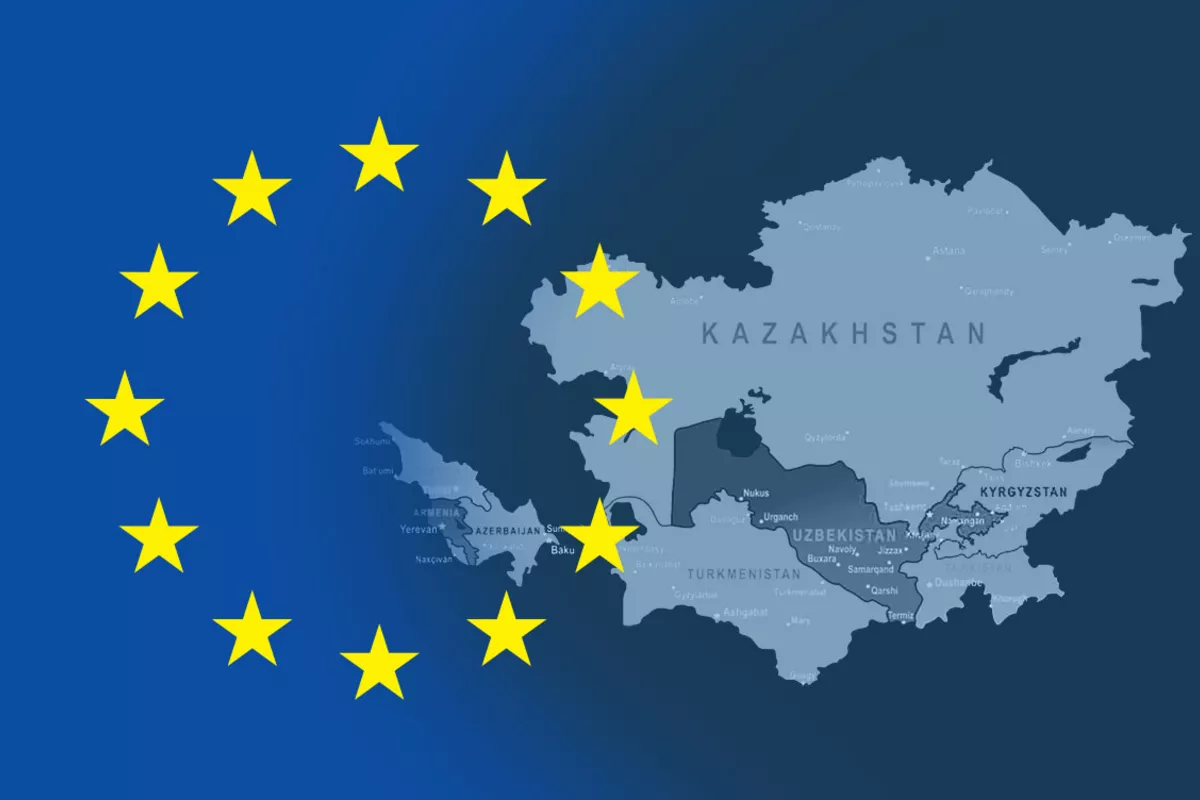
Photo credit: martenscentre.eu
As Central Asia faces the mounting challenges of climate change, biodiversity loss, and pollution, the need to transition to sustainable consumption and production has become increasingly urgent. The region’s fast-paced economic growth-heavily reliant on resource extraction-combined with its heightened vulnerability to climate impacts, underscores the necessity for a bold reimagining of development strategies.
Against this backdrop, on 22-23 May 2025, a two-day EU Global Gateway Multi-Stakeholder Consultation convened policymakers, parliamentarians, and technical experts in Bishkek to advance regional ambitions on sustainable consumption and production (SCP) and circular economy (CE), The Caspian Post reports citing EEAS.
Co-organized by the EU-funded SWITCH-Asia programme and the Central Asia Regional Economic Cooperation (CAREC) programme, the consultation focused on accelerating the region’s transition toward circular and low-carbon economies.
Central Asian countries have taken notable steps in this direction. Kazakhstan was an early adopter with its Green Economy Concept in 2013, while Uzbekistan and Kyrgyzstan have recently mainstreamed circular economy principles into national development plans. Turkmenistan has also signaled growing interest in aligning with CE policies and fostering regional cooperation on climate action. From renewable energy targets to energy efficiency and emerging climate legislation, a regional momentum is building toward sustainability.
Circular economy principles such as resource efficiency, waste reduction, and material recovery, are beginning to reshape key sectors, including construction, food systems, and manufacturing. Policy tools like green public procurement (GPP) and extended producer responsibility (EPR) are being introduced to foster more resilient and circular supply chains.
These efforts are strongly aligned with the EU Global Gateway, which puts green transition, climate action, and sustainable value chains at the heart of its international development strategy. Through policy dialogue and legislative cooperation, Global Gateway aims to support Central Asia in building circular value chains that bolster regional resilience and economic integration.
The Bishkek consultation brought together parliamentarians from across the region to explore opportunities for action and discuss legislative pathways for advancing CE. Valuable contributions from SWITCH-Asia’s technical advisories highlighted practical examples from ongoing initiatives in sustainable tourism, CE in construction, GPP, SCP, and EPR.
In her opening remarks, Dinara Ashimova, Deputy of the Jogorku Kenesh of Kyrgyzstan and leader of the “Yiman Nuru” parliamentary faction, emphasized the leadership role of legislators in shaping the region’s circular future:
“Legislators of Central Asia must become pioneers and ambassadors in advancing the circular economy in their countries and give impetus to the creation of a unified circular economy system across Central Asia by developing uniform model laws and standards.”
Stefano Corrado, Programme Manager at the EU Delegation to Kyrgyzstan, echoed this vision, noting that the consultation laid the groundwork for deeper cooperation among countries and institutions:
“This event created a valuable opportunity for collaboration, laying the foundations for parliamentarians to mainstream circular economy practices into national legislation. The European Union remains committed to supporting the region’s journey toward a sustainable growth model aligned with the EU’s Global Gateway and global sustainable development goals.”
Share on social media